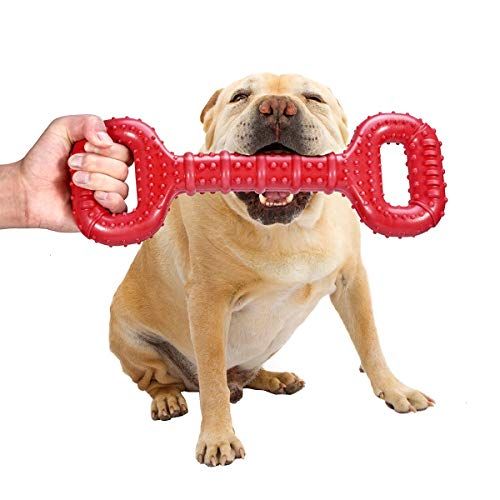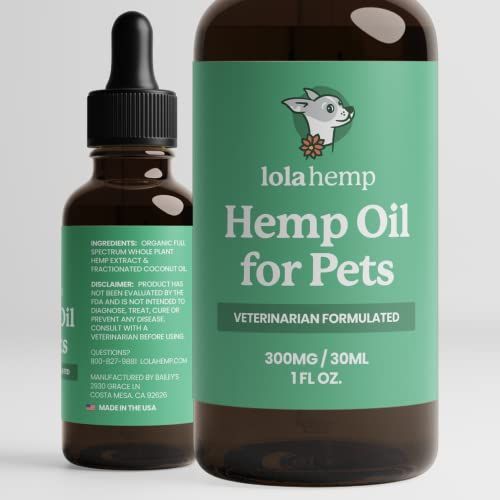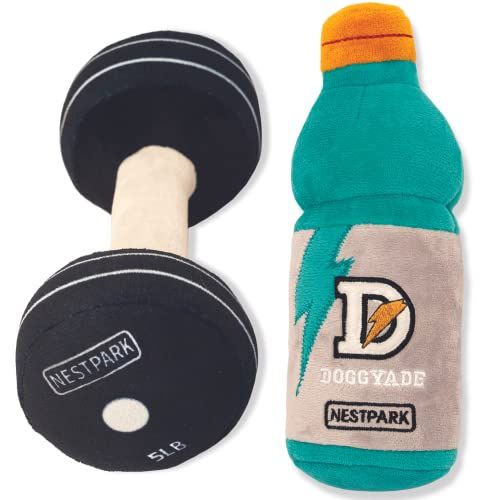Understanding How Cats Maintain Cleaner Habits than Dogs
Have you ever noticed how cats seem to have a meticulous grooming routine, often appearing cleaner than dogs? There's science behind this! Join us as we delve into the feline world to understand how their personal hygiene practices outshine dogs. With a combination of their unique grooming behaviors and distinct biological adaptations, cats have mastered the art of cleanliness. Let's explore!
Cats and dogs, both wonderful companions, have different grooming habits that make them uniquely fascinating. Today, we are going to delve into how cats manage to keep themselves tidier than dogs.
Let's start by discussing a prominent grooming technique that cats use to stay clean, licking. Licking is an integral part of a cat's daily routine. They are equipped with small hook-like structures on their tongues, known as papillae, that work like a comb to remove dirt, parasites, and loose fur. This process aids in keeping their fur neat and clean. When a cat licks its fur, it also stimulates the production of sebum, an oil that helps keep their coat shiny and water-resistant.
Moreover, cats are meticulous creatures that dedicate a significant portion of their day to self-grooming. This meticulous grooming routine can take up to half of their waking hours. It's a process that begins at a young age, as kittens are taught to groom by their mother and quickly adopt these habits into their daily lives.
A cat's grooming routine not only serves the purpose of keeping their fur clean, but it also provides health benefits. Regular grooming stimulates blood flow to the skin, regulates body temperature, and aids in stress reduction.
In contrast, dogs are much less frequent and meticulous groomers. Dogs are reliant on their human companions for help with their grooming. This includes regular baths, brushing, and occasionally, visits to a professional groomer. Unlike cats, dogs are not as equipped to remove dirt and parasites from their fur and often require human assistance.
Continue reading: How are cats cleaner than dogs
Additionally, dogs love to explore and can often be found rolling around in the dirt or diving nose-first into smelly items, behaviors that make it difficult for them to maintain cleanliness. Dogs also salivate more than cats, which can lead to a buildup of bacteria and cause an odor.
On the other hand, cats are naturally more hygienic animals. They are careful about where they eliminate, covering their waste to prevent odor and the spread of parasites. Cats also have a natural instinct to avoid water, keeping them away from potentially dirty or muddy areas that dogs might dive right into.
It is important to note, though, that each pet's cleanliness also depends on their specific breed, diet, and individual habits. Cats' reputation for cleanliness is generally earned, but that doesn't mean all cats are spotless or all dogs are dirty.
In conclusion, cats are cleaner than dogs due to their meticulous grooming habits, lesser salivation, and the instinctual behaviors they exhibit to maintain cleanliness. While there's no doubt that dogs bring immense joy and companionship, when it comes to hygiene, cats take the trophy. They're wonderfully self-reliant creatures that stay tidy mostly on their own.
Finally, while the cleanliness of pets can be a deciding factor for some potential pet owners, the most important aspect of pet ownership should be providing a loving, caring home for the pet that matches their specific needs and characteristics.
Find out more: How are cats cleaner than dogs
Remember that pets, whether cats or dogs, are a long-term commitment. They require time, energy, and resources. No matter the pet, understanding and providing for their needs ensures a healthy, happy, and clean companion.
















